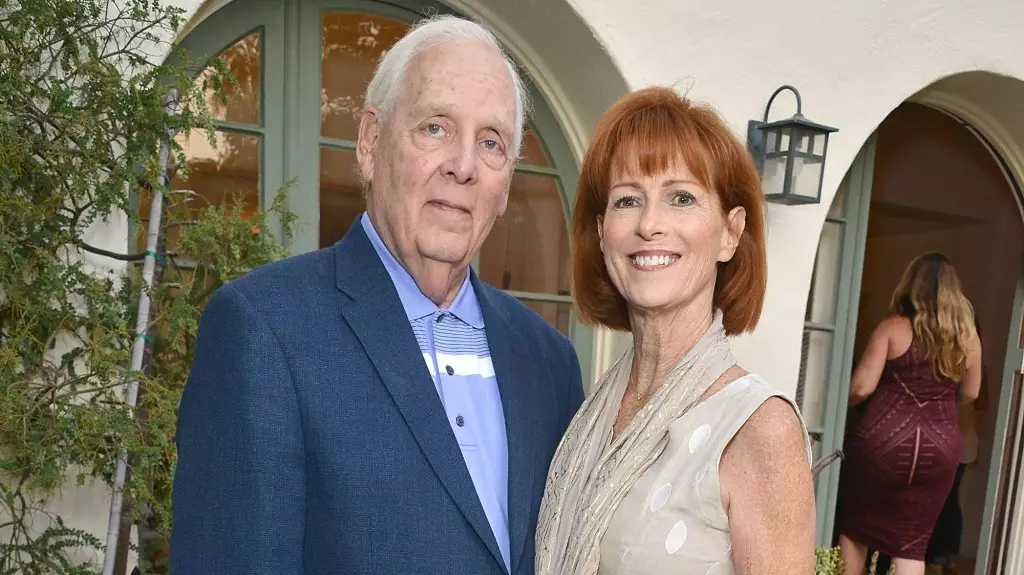Woody Fraser, the celebrated television producer and director, passed away at the age of 90, leaving behind a legacy that resonates deeply within the television industry. Renowned for his work on influential programs such as *The Mike Douglas Show* and *Good Morning America*, Fraser’s impact on the medium is undeniable. His ability to blend entertainment with news created a unique space in morning programming, securing *GMA* as a standout success during his tenure as the show’s inaugural executive producer.
Fraser’s career, which commenced in 1960, was marked by groundbreaking innovations. His introduction of the co-host concept in *The Mike Douglas Show* not only redefined how television talk shows were produced, but also influenced myriad broadcasting formats that followed. It is essential to recognize that his pioneering efforts were foundational in shaping a genre that thrives on viewer engagement and entertainment anecdotes, which remain pertinent even today.
A Recognition of Achievement
Throughout his career, Woody Fraser garnered several Daytime Emmy Award nominations, a testament to his talent and influence within the television landscape. Notably, he won an Emmy for *The Richard Simmons Show* in 1982, sharing the honor with his wife, Noreen Fraser. Noreen’s own contributions to the television industry are significant, yet her passing in 2017 cast a shadow over Woody’s later years, emphasizing the personal sacrifices often intertwined with professional success.
Fraser’s legacy is further cemented by the high-profile collaborations he fostered and his mentorship of numerous television personalities, including Roger Ailes. Friends and colleagues who knew Fraser often shared their deep admiration for him, highlighting not only his professional achievements, but also the warmth and guidance he provided to those navigating the complex landscape of television production.
Broadening the Television Landscape
Woody Fraser’s career was characterized by an unyielding commitment to developing diverse programming. In addition to his flagship shows, Fraser directed an astounding array of television content, overseeing programs like *The Della Reese Show*, *Kid Talk*, *What Would You Do?*, and even *Life’s Most Embarrassing Moments*. Between 1966 and 1973, he managed approximately 32.5 hours of television per week — a remarkable feat that underscores his dedication to providing varied content for audiences.
The breadth of his work is not just a reflection of his versatility; it also illuminates his keen understanding of viewer preferences and cultural trends. Fraser’s ability to harness the format of variety television while addressing topical issues was revolutionary in establishing a model for modern entertainment that resonates with viewers today.
Beyond his professional endeavors, Fraser was also known for his philanthropy, particularly in support of his wife’s fight against cancer. He played an integral role in the *Stand Up to Cancer* telethons, which unified major networks to raise significant funds for cancer research and awareness. This commitment to philanthropy illustrates the broader impacts that television can have beyond mere entertainment, connecting audiences to essential causes.
However, Fraser’s later career was marred by controversy when he faced legal action in 2018. A wrongful termination and sexual harassment lawsuit from former employees of *Home & Family* highlighted problematic workplace dynamics that sometimes accompany even the most successful careers. Such issues serve as crucial reminders of the complexities that exist within the entertainment industry.
Woody Fraser’s passing marks the end of an era in television. He leaves behind a landscape transformed by innovation, creativity, and a profound impact on millions of viewers. As the television industry continues to evolve, Fraser’s contributions remind us of the importance of storytellers who bridge entertainment with societal issues. While the industry may shift, the imprint of his nostalgia-laden projects will undoubtedly linger, inspiring future generations of producers and audiences alike.
In reflecting on his legacy, it is crucial to celebrate both the triumphs and the trials of Fraser’s expansive career. His life serves not only as a blueprint for television success, but also as a reminder of the essential human experiences that fuel creativity in the arts.

